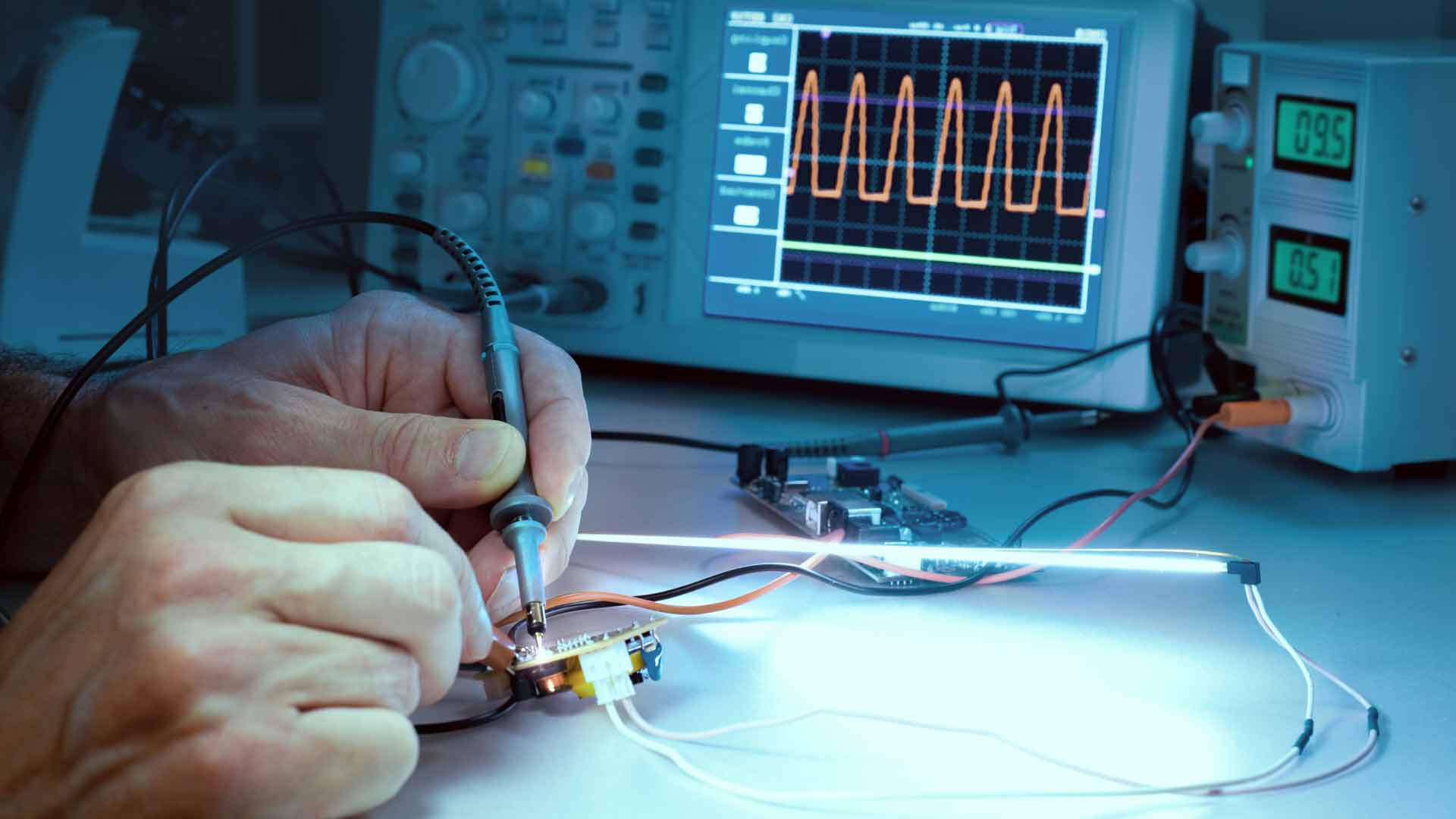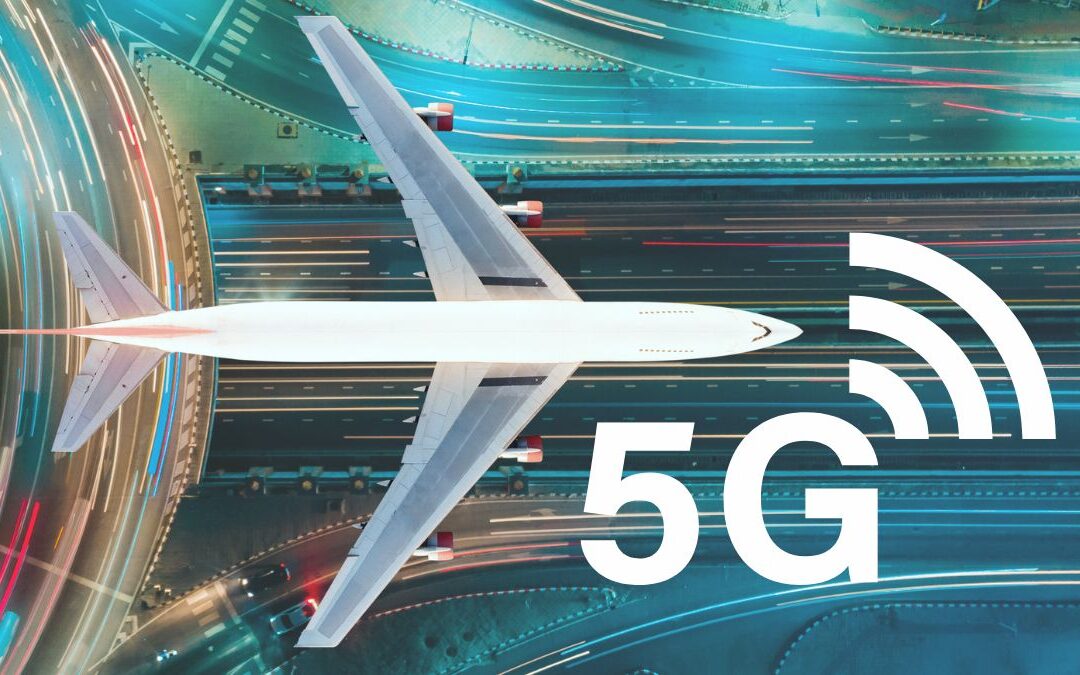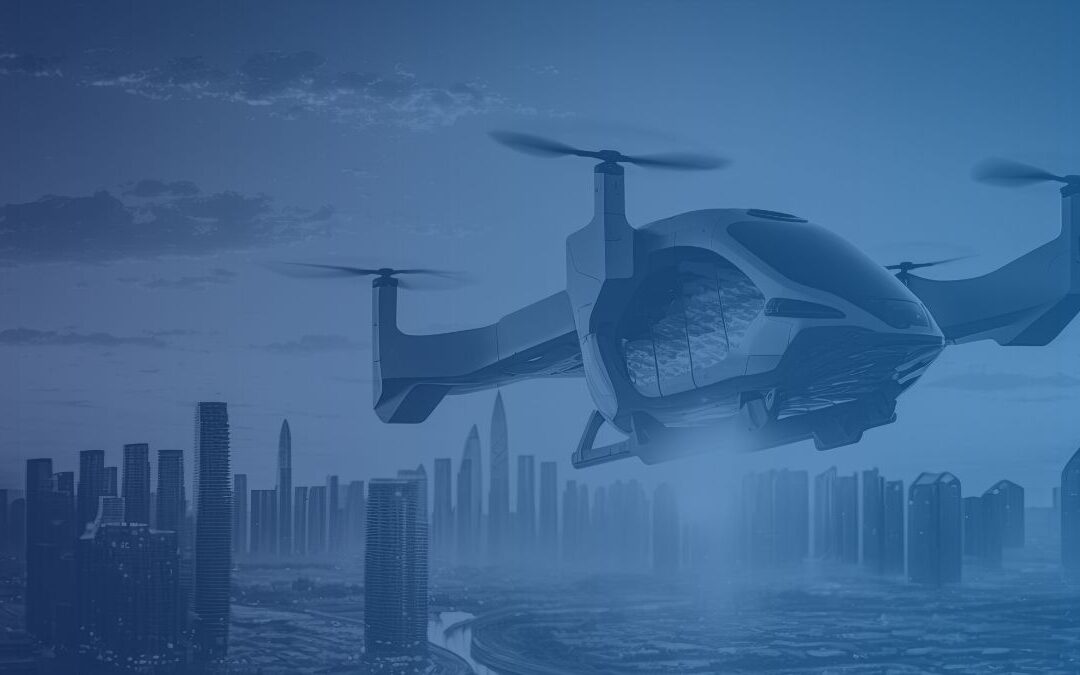Testing is an essential component of a product’s go-to-market strategy. Customers buying a solution want to know that it will work, especially for customers in safety-critical industries. Before deploying any product, development teams need to perform a few different types of testing. Some of the most critical kinds are functionality testing, integration testing, and validation of compliance testing for legal and regulatory requirements.
1. Functionality Testing
In safety-critical industries such as aerospace, defense, and space, solutions must be reliable and perform as expected. Much like Tesla’s numerous safety tests for their self-driving cars, or Samsung’s durability and reliability tests for their latest Galaxy phones, innovators understand the importance of getting their product right before going to market.
Performing extensive functionality testing before going to market is essential for these industries. System failures can cause injury or death, and product recalls aren’t a feasible option nor do they build trust within an audience. All product capabilities should be fully tested in a realistic operating environment. With the phased rollout of 5G networks, this requires a test environment that accurately emulates all of the current and planned functionality of 5G networks.
2. Integration Testing
5G compatible devices are often deployed alongside other existing systems and may have synergistic or detrimental interactions. For example, the rollout of 5G networks generated significant concern about potential interference with aircraft systems essential to takeoff and landing.
Integration testing helps to ensure that new solutions or updates fit smoothly into their intended deployment environment. This involves ensuring that any connections or Application Programming Interfaces (APIs) work correctly and that potential side effects, such as radio interference, do not negatively impact any of the deployed systems.
3. Regulatory Compliance
Space, aerospace, and defense are safety-critical industries that are highly regulated. For instance, before a new piece of hardware can be integrated onto a commercial aircraft, it must be tested to meet airworthiness protocols outlined by DO-254. Additional safety and regulatory requirements exist for other sectors.
Regulatory compliance evaluations can’t wait until after a product is already available in the marketplace. While some compliance testing may be performed on static artifacts, penetration tests and other live evaluations may be required as well. As with functionality testing, this requires a test environment that emulates the system’s intended deployment environment as closely as possible.
Validating 5G Devices with the EDGE 5G-X Development Kit
When testing new products and systems, ensuring high-performance connectivity and interoperability can be complex. This is especially true if different systems rely on various protocols, such as 4G/5G, WiFi, Bluetooth, SATCOM, and wired Ethernet.
The EDGE 5G-X Development Kit provides high-performance computing at the network edge paired with high-speed connectivity over all major network protocols. This secure, trusted, and certified solution enables product development teams to:
- Collect and analyze data
- Test 5G connectivity
- Perform research, development, testing, and evaluation
- Test product integration with other solutions
To learn more about the EDGE 5G-X Development Kit’s capabilities or understand how it enhances and streamlines your organization’s product development and testing, visit here or email info@performancestudio.org.




